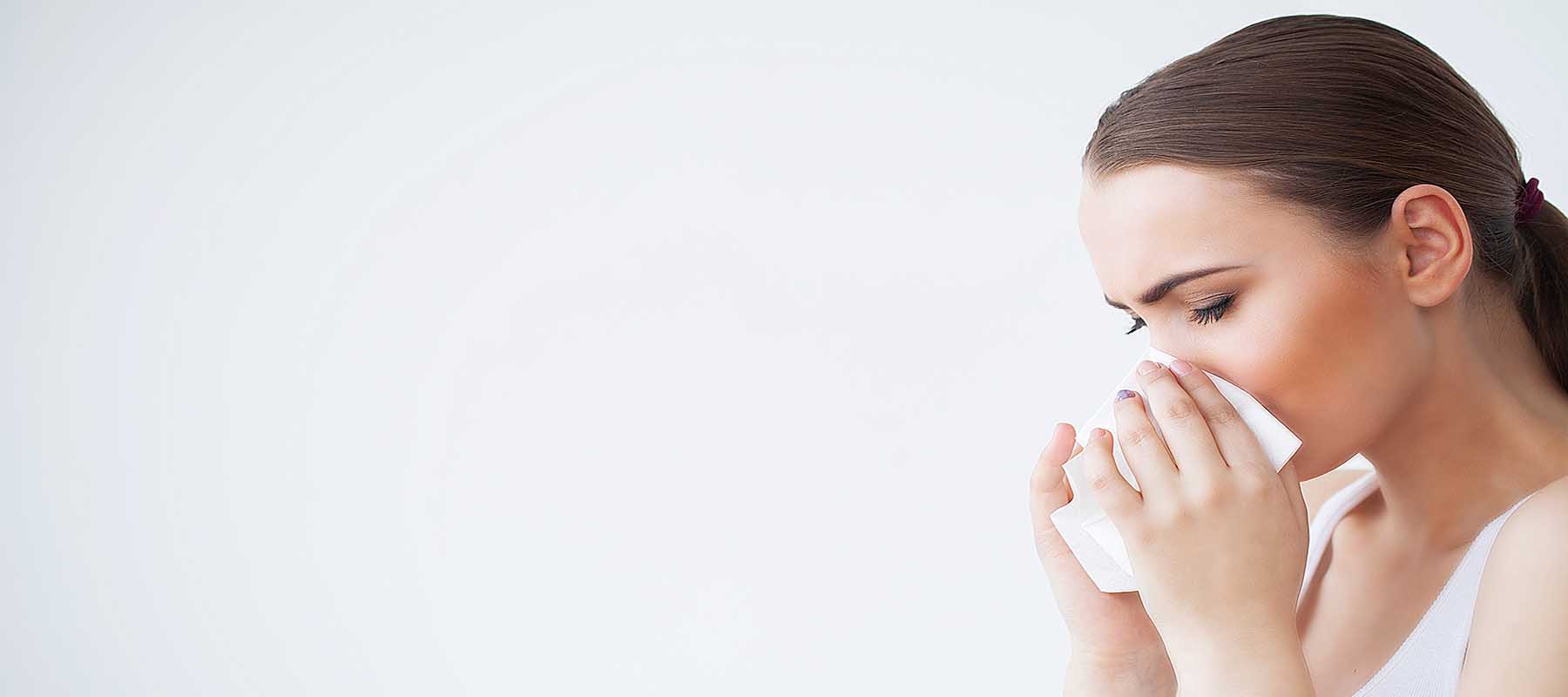Today we will continue our conversation about different ways to treat your allergy symptoms that do not include environmental controls.
Treat Your Allergy Symptoms with Mast Cell Stabilizers
Cromolyn sodium for allergic rhinitis is a nasal spray or inhaled medication that for some people helps to prevent allergic reactions from ever starting. When administered as a nasal spray, as a metered dose inhaler or through the use of a nebulizer, it can safely inhibit the release of chemicals like histamine from the mast cell. It has few side effects when used as directed, and can significantly help some patients with allergies. It is not used as a rescue inhaled medication. It must be taken for anywhere from 2 to 6 weeks to become effective.
Treat Your Allergy Symptoms with Decongestants
Sometimes just getting your nasal passages to drain will help to relieve symptoms such as congestion, swelling, excess secretions, and discomfort in the sinus areas that can be caused by nasal allergies. Sinus areas are hollow air spaces located within the bones of the skull surrounding the nose.
Your doctor may recommend using oral or nasal decongestants to reduce congestion along with an antihistamine to control allergic symptoms. Over-the-counter and prescription decongestant nose drops and sprays, however, should not be used for more than a few days.
When used for longer periods, these drugs can produce a “rebound effect” which leads to even more congestion and swelling of the nasal passages and a terrible addiction to the decongestant.
Treat Your Allergies with Nasal Irrigation
Nasal irrigation or nasal lavage is an ancient therapy that is experiencing renewed interest. Through the use of a neti pot, squeeze bottle, or electric pulsating device like the Sinupulse Nasal irrigation system, water is rinsed through the nasal passages and sinuses. This flow of water works to remove allergens, excess mucous., bacteria, and dried mucous. A sterile saline solution is always recommended. 
In addition to the cleansing effect, the saline solution will provide a moisturizing effect to the membranes lining the nasal passages through the magic of osmosis.
Another added benefit is that mucous is thinned, making it much easier to expel. Care must be taken that the water and salt solution must be sterile and the device must be thoroughly cleaned after each use to avoid the risk of serious bacterial infection.
Up next – How to Treat Your Allergies with Immunotherapy
Till next time
Cheryl


